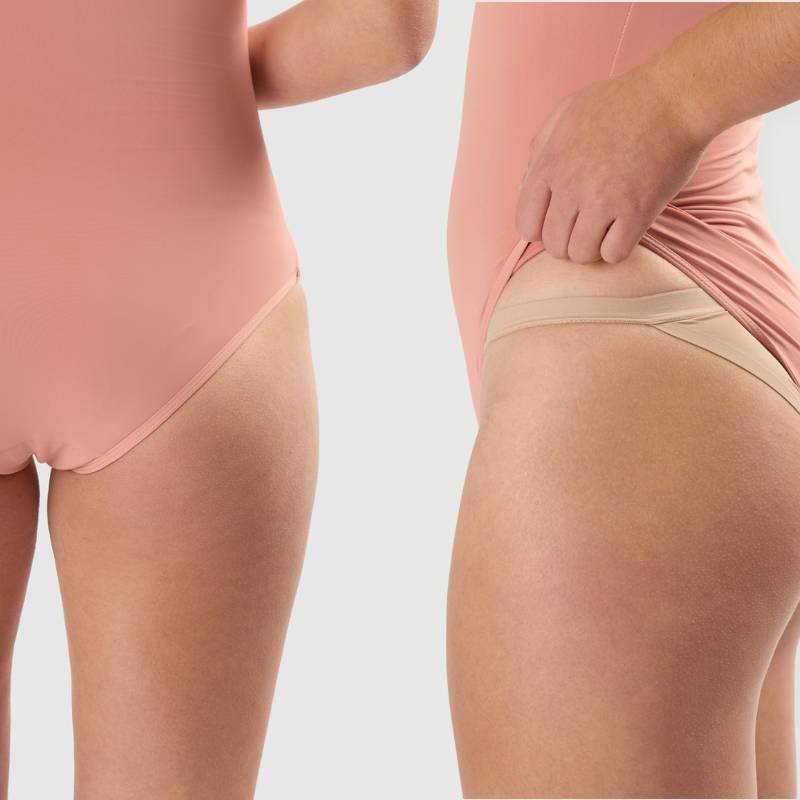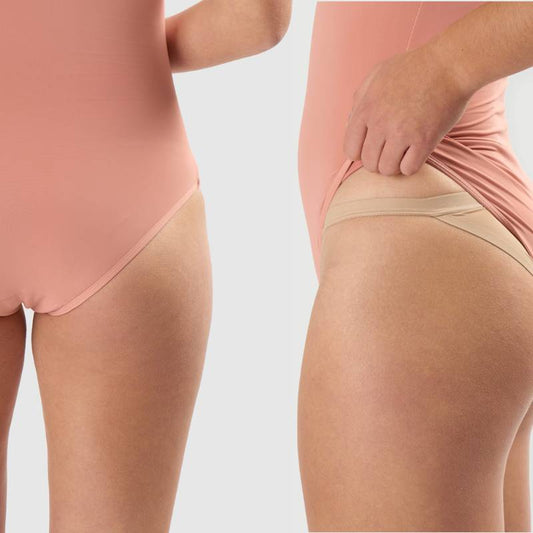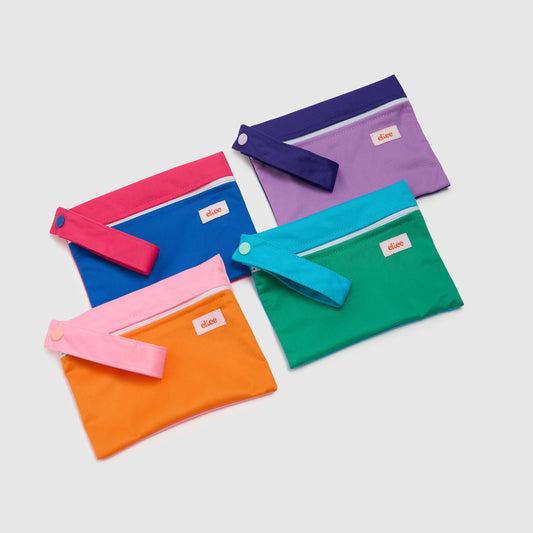WANT TO RAISE A LEADER? KEEP HER IN SPORT.
When we talk about building the next generation of female leaders, the conversation invariably tends to come back to education, mentorship and role models, and access to gender equal career opportunities. But there’s a crucial piece that’s often overlooked—sport.
From the field to the boardroom, the skills developed through sports participation are transformative, laying the foundation for leadership, confidence, and resilience.
Why Sport Matters for Leadership Development
Sport participation significantly impacts future female leadership development by fostering confidence, resilience, and teamwork skills. These skills, cultivated through sports, translate into greater leadership potential in various aspects of life, including careers and community involvement.
Research shows that girls who play sports are more likely to become leaders, with increased confidence, self-esteem, and a positive body image. It’s not just about fitness—it’s about learning to navigate challenges, work within a team, and set and achieve goals.
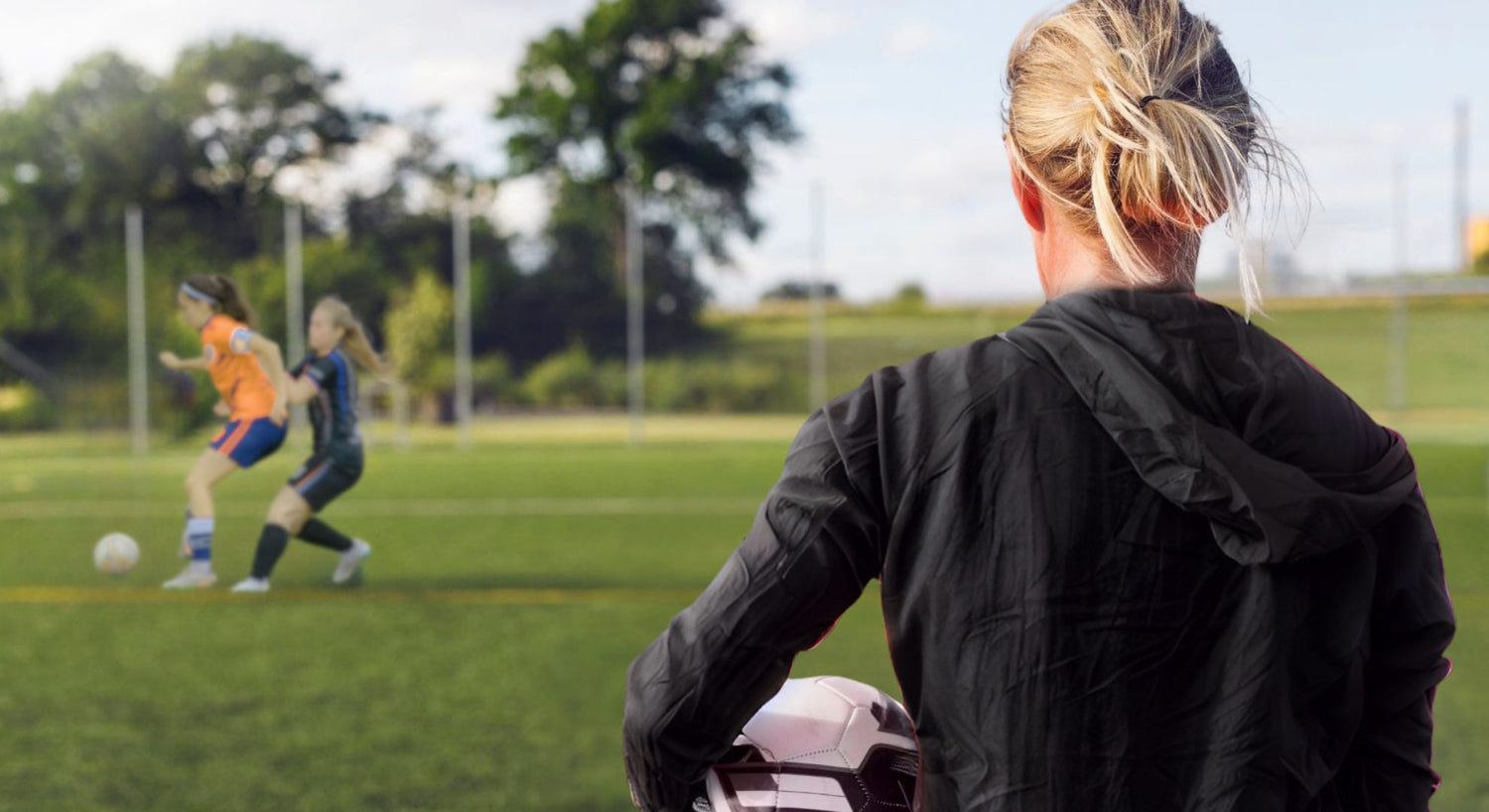
The Dropout Dilemma
Globally, girls drop out of sports at twice the rate of boys. By age 14, that gap widens dramatically. One of the biggest reasons?
Her Period.
A study by Victoria University and UN Women Australia found that around 70% of girls skip sport during their period due to fear of leaks, discomfort, and lack of proper facilities.
This is more than just a missed game or two. Girls who drop out of sport are less likely to be active as adults, sure. But they miss out on more than fitness—they miss out on the leadership skills that sport instills. Confidence, resilience, and teamwork are attributes crucial to thriving in leadership roles, whether that's in a career, personal growth and development, community service or the myriad other ways those attributes can be harnessed.
-
UnderSwim: Period Swim Underwear
4.71 / 5.0
(198) 198 total reviews
Regular price $36.95 AUDRegular priceUnit price / per -
UnderDance: High-Cut Active Period Undies
4.72 / 5.0
(32) 32 total reviews
Regular price $36.95 AUDRegular priceUnit price / per -
Bumpers Briefs: First & Early Period Years Underwear
4.95 / 5.0
(60) 60 total reviews
Regular price $24.95 AUDRegular priceUnit price / per -
UnderSwim: Period Swim Underwear (G-Fit)
4.8 / 5.0
(6) 6 total reviews
Regular price $36.95 AUDRegular priceUnit price / per -
UnderShortie: Boyleg Leak-Proof Period Briefs
5.0 / 5.0
(5) 5 total reviews
Regular price $24.95 AUDRegular priceUnit price / per -
UnderLiner
5.0 / 5.0
(9) 9 total reviews
Regular price $16.95 AUDRegular priceUnit price / per -
Period Swim Bottoms for Teens
4.6 / 5.0
(10) 10 total reviews
Regular price $36.95 AUDRegular priceUnit price / per -
 Sold out
Sold outFirst Period Kit
4.86 / 5.0
(14) 14 total reviews
Regular price $24.95 AUDRegular priceUnit price / per -
Cottons Girl-Sized Tampons
5.0 / 5.0
(0) 0 total reviews
Regular price $4.00 AUDRegular priceUnit price / per

From the Field to the Boardroom
According to UN Women, 80% of female Fortune 500 CEOs played sport in their formative years. They also found that women who play sport are more likely to be in senior management roles than those who do not. Despite that, by the age of 14, girls drop out of sport at twice the rate of boys (source: Women's Sports Foundation).
The connection between sports and leadership doesn’t end with high school. Studies show that women who played sports are significantly more likely to hold leadership positions in adulthood. Over two-thirds of women with a history of sports participation identified themselves as leaders in the workplace and community. These women are more likely to have held titles like Team Lead, Director, President, or even C-Suite roles.
The longer a woman stays involved in sport, the stronger her leadership skills become. It’s not just about playing the game; it’s about learning to lead, overcome challenges, and perform under pressure.
Keeping Girls in the Game
The statistics are clear: participation in sport is a pathway to leadership. Yet, too many girls are still sitting out. To change that, we need to address the barriers—like the fear of leaks and discomfort during periods—that hold them back. Eltee Sydney’s range of period-proof products is designed to keep girls confident and comfortable so they can stay in the game, build those critical life skills, and become the leaders they’re meant to be.
Breaking the Cycle
When girls stay in sport, they don’t just become athletes—they become leaders. And when they have support, whether it’s from a coach, a teacher, or a parent, that confidence only grows. We’re investing in a stronger, more resilient generation of women ready to take on the world.
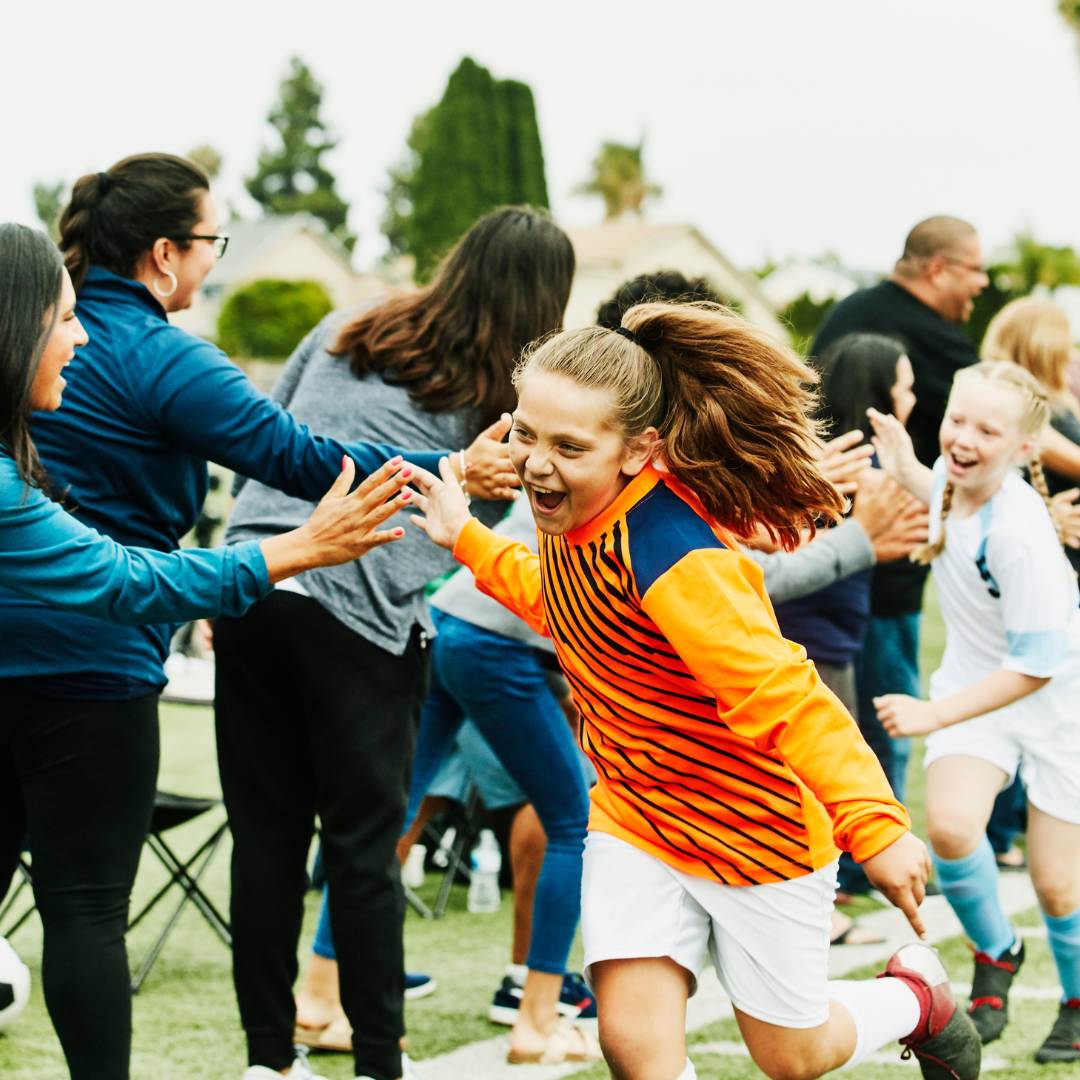
REFERENCES
- UN Women – Report on Women in Leadership and Sports
- Victoria University & UN Women Australia – Study on Girls in Sport
- Women's Sports Foundation – Research on Gender Gap in Sports Participation
- HSBC Women in Sport Survey – Impact of Sports on Leadership Skills
- Suncorp Youth and Confidence Report – Parental Influence on Girls in Sport
- Eltee Sydney Survey – Sports Dropout Rates Among Australian Girls
